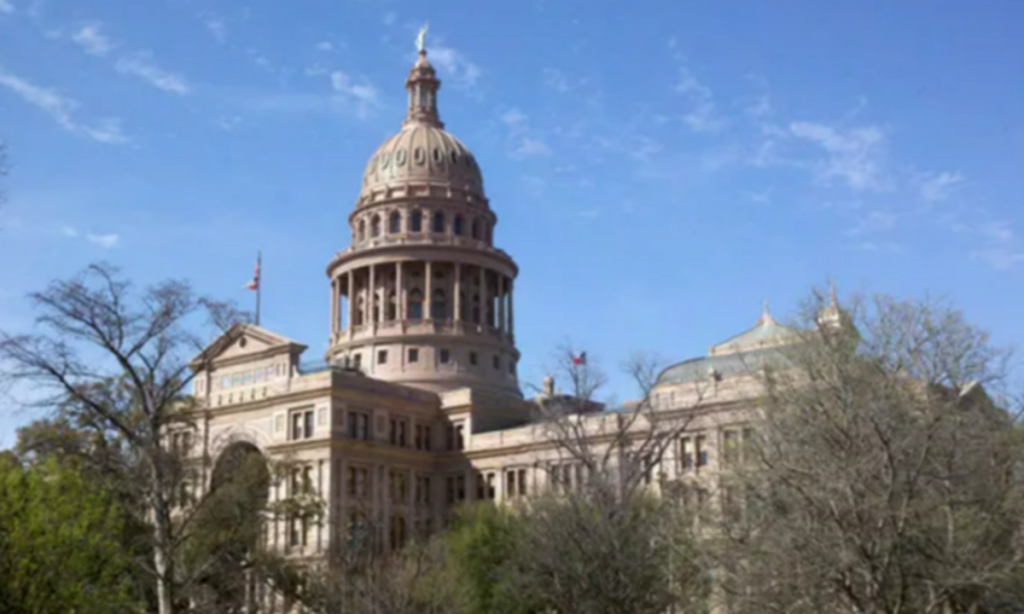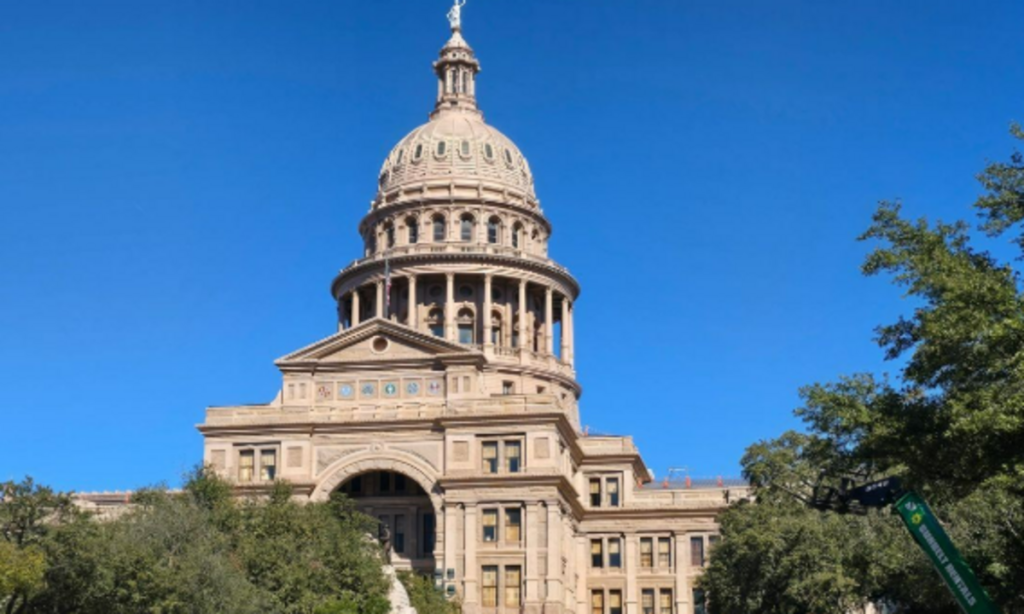In a significant development, the Texas Senate has passed a bill that would allow public tax dollars to be used for private school tuition.
The measure, often referred to as a school voucher program, is one of the most debated topics in Texas education policy.
Understanding the Bill
The proposed legislation aims to establish an Education Savings Account (ESA) system, which would permit parents to use state-funded accounts to cover private school tuition, homeschooling expenses, and other educational costs. Advocates argue that this bill provides parents with more choices and ensures that children receive the best education possible, regardless of their financial background.
However, critics warn that diverting public funds to private institutions could weaken the already underfunded public school system. Public education advocates argue that the bill prioritizes private schools over struggling public schools, particularly in rural areas where private school options are limited.
Key Provisions of the Bill
Education Savings Accounts (ESA): Parents could receive a set amount of state funding per child to cover private school tuition or homeschooling resources.
Eligibility Requirements: The program would initially focus on students with disabilities and low-income families, with potential expansion to all students over time.
Accountability Measures: Private schools accepting these funds would need to meet specific accountability standards, but they would not be held to the same regulations as public schools.
Arguments for the Bill
Supporters of the bill believe it empowers parents to choose the best education for their children, regardless of income or location. Governor Greg Abbott has championed school choice initiatives, arguing that competition will drive improvements in both private and public education.
Many parents who back the bill claim that public schools are not meeting their children’s needs and that having access to state-funded private education could provide a better learning environment. Additionally, supporters say ESAs could be life-changing for students with special needs who require specialized education not always available in public schools.
Concerns and Opposition
Opponents argue that the bill undermines Texas’ public school system, which is already struggling with funding shortages and teacher shortages. Diverting taxpayer money to private schools, they say, will worsen conditions in public schools, particularly in rural communities where private schools are scarce.
Teachers’ unions and education advocacy groups have strongly opposed the bill, emphasizing that private schools do not have the same accountability and inclusion requirements as public schools. Critics also worry that the measure could lead to increased segregation in the education system, as wealthier families may be able to supplement ESAs while lower-income families may not afford private tuition even with state assistance.
What Happens Next?
The bill now moves to the Texas House of Representatives, where it is expected to face significant debate. Similar proposals have failed in the past due to opposition from both Democrats and rural Republicans who are concerned about the impact on public schools in their districts.
As Texas lawmakers continue to discuss the future of school funding, parents, educators, and policy experts are closely watching to see how this controversial bill will shape the state’s education landscape.
Disclaimer—Our team has checked this article to ensure its accuracy and eliminate any misinformation. We are committed to providing clear and reliable information for our readers.


